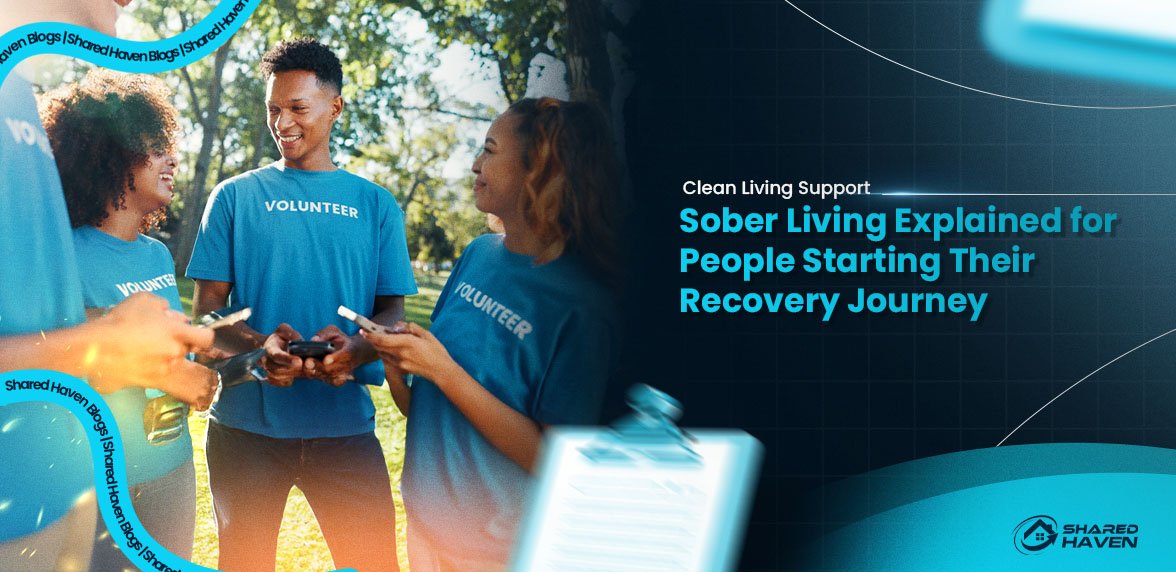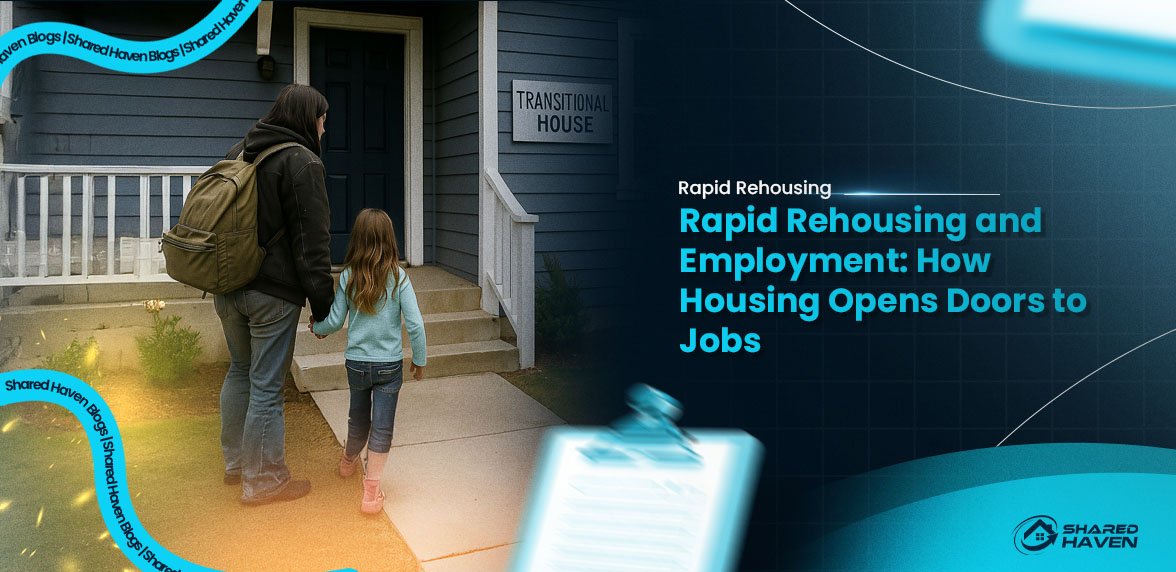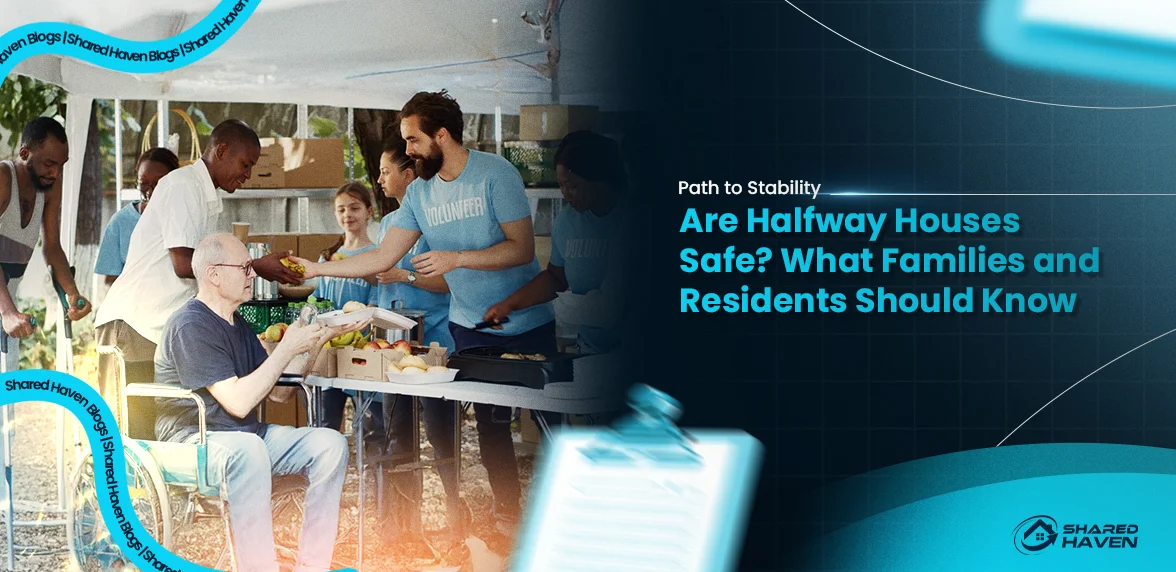Understanding What a Sober House Is
A Sober House is more than just a place to stay. It is a structured and supportive environment designed for people in recovery. Therefore, residents live in a drug-free home that promotes accountability, stability, and community. Moreover, it serves as a bridge between treatment centers and independent living.
Living in a Sober House provides daily routines, curfews, and rules. These rules create structure and promote healthy habits. Furthermore, peer support from other residents reinforces the importance of sobriety. As a result, residents gain the strength needed to stay sober long term.
Why Work and a Sober House Go Together
Work and living in a Sober House often go hand in hand. Employment provides stability, builds confidence, and creates responsibility. Therefore, many Sober Houses actively encourage their residents to work.
Moreover, having a job reduces idle time, which may trigger relapse. Work also helps residents focus on future goals. Consequently, balancing employment with recovery strengthens both personal growth and independence.
Rules of Employment While in a Sober House
Every Sober House sets its own rules. Some homes require residents to work, while others allow flexibility with school or volunteering. Therefore, residents should always review house guidelines before moving in.
In many cases, homes expect residents to secure a job within a certain time frame. This requirement supports accountability and financial responsibility. Moreover, rules ensure that every resident contributes to the household and community.
How a Sober House Encourages Responsibility
Living in a Sober House teaches responsibility in many ways. Residents pay rent, follow curfews, and attend meetings. Additionally, employment teaches time management and discipline. Therefore, both housing and work combine to build accountability.
Moreover, residents learn to prioritize their health and commitments. As a result, they gain skills that remain useful after leaving the home. These skills create long-term independence.
Your Rights While Living in a Sober House
Residents in a Sober House retain personal rights. For example, they have the right to pursue employment without unfair restrictions. Moreover, federal laws protect individuals in recovery from discrimination in the workplace.
Therefore, no employer can deny someone a job simply because they live in a Sober House. Furthermore, housing staff cannot prevent residents from seeking lawful employment.
Employment Options for Sober House Residents
Many employment options exist for Sober House residents. Jobs in retail, food service, construction, and customer service are common. Additionally, remote work has become a popular choice for flexibility.
Furthermore, some residents pursue education or trade certifications while working part-time. Therefore, job choices depend on personal skills, recovery needs, and long-term goals.
How Work Supports Recovery in a Sober House
Employment builds structure and prevents relapse triggers. Therefore, having a consistent job supports recovery by keeping residents focused. Moreover, income reduces stress linked to unpaid bills or financial struggles.
Work also builds confidence and self-esteem. As residents succeed at their jobs, they feel empowered. Consequently, these positive feelings encourage long-term sobriety.
Common Jobs for Sober House Residents
Some residents begin with entry-level jobs to rebuild confidence. Retail and hospitality jobs are often flexible for recovery schedules. Additionally, many choose labor or trade positions that provide steady income.
Moreover, residents with advanced skills may return to professional careers. Others may explore self-employment or part-time remote work. Therefore, there is no limit to the job options available.
Balancing Recovery and Work in a Sober House
Balancing recovery and work requires strong time management. Residents must attend house meetings, therapy sessions, and work shifts. Therefore, planning schedules is critical to avoid conflicts.
Moreover, many homes encourage residents to prioritize meetings over work conflicts. Consequently, recovery remains the foundation while employment strengthens independence.
Why a Sober House Promotes Employment
A Sober House promotes employment because it reinforces accountability and growth. Work encourages independence while providing financial support. Moreover, working creates opportunities to rebuild trust with family and society.
Therefore, employment aligns perfectly with the goals of sober living. A job demonstrates responsibility while supporting stability for the future.
Financial Responsibilities in a Sober House
Living in a Sober House comes with expenses. Residents often pay rent, utilities, and share household costs. Therefore, having a job makes it easier to manage these financial responsibilities.
Moreover, consistent income allows residents to save for life after sober living. Consequently, employment ensures smoother transitions into independent housing.
Legal Protections for Workers in a Sober Housing
Workers in a Sober House enjoy the same protections as other employees. Federal and state labor laws apply equally. Therefore, residents cannot be denied fair pay or safe work conditions.
Additionally, people in recovery are often protected under disability rights laws. This protection helps prevent discrimination in hiring or employment. Moreover, employers cannot fire someone for simply living in sober housing.
The Role of House Managers in Employment Rules
House managers guide residents on balancing work and recovery. They may set curfews or require work schedules to be shared. Therefore, managers ensure employment does not interfere with recovery goals.
Moreover, they support accountability by checking on work progress. Consequently, residents learn to stay responsible in both work and recovery.
Transportation Challenges for Sober House Residents
Transportation can create challenges for employment. Some Sober Houses are far from public transit routes. Therefore, residents may need carpools or rideshares.
Moreover, planning ahead for transportation avoids conflicts with work schedules. As a result, reliable transportation is a critical factor in job success.
Night Shifts and Sober House Rules
Night shifts may conflict with Sober House curfews. Therefore, residents must discuss these schedules with house managers. Moreover, exceptions may be made if the work supports recovery goals.
However, some homes discourage night shifts to avoid exposure to high-risk environments. Consequently, residents should always clarify expectations before accepting such jobs.
How to Communicate Work Needs in a Sober House
Open communication is vital for success. Residents should share work schedules with managers. Therefore, misunderstandings about curfews or meeting attendance can be avoided.
Moreover, honest discussions show maturity and accountability. As a result, managers are more likely to support individual work choices.
Support Systems
Recovery requires more than housing and employment. Support from sponsors, peers, and family also plays a role. Therefore, residents should use outside networks in addition to Sober House support.
Moreover, combining work with strong recovery networks increases success. Consequently, residents gain stability in both professional and personal life.
The Long-Term Benefits of Work in a Sober House
Work provides benefits that last beyond sober living. Residents build work history, savings, and self-confidence. Therefore, they leave the Sober House with stronger foundations.
Moreover, steady employment reduces relapse risks after moving out. As a result, residents create healthier, independent futures.
Sober House Rules About Job Types
Some Sober Houses restrict work environments that involve alcohol or nightlife. For example, jobs in bars or clubs may be discouraged. Therefore, residents must choose employment carefully.
Moreover, selecting safe and supportive work environments protects long-term sobriety. Consequently, job selection is an important part of recovery.
Building a Career While in Sober Housing
Many residents use sober living to focus on long-term career goals. They may pursue training programs, apprenticeships, or higher education. Therefore, they build careers while maintaining recovery.
Moreover, combining work with education creates lasting opportunities. As a result, residents leave with both skills and sobriety.
How a Sober House Balances Freedom and Rules
A Sober House provides structure while allowing personal growth. Residents must follow rules, but they also gain freedom to work. Therefore, the balance supports accountability and independence.
Moreover, this balance allows residents to experience real-world responsibilities while staying in a safe environment. Consequently, they prepare for independent living.
Planning for Life After sobriety
Employment during sober living prepares residents for the next step. They save money, gain skills, and build independence. Therefore, they leave better equipped for independent life.
Moreover, financial stability lowers the risk of relapse. As a result, residents transition smoothly into long-term recovery.
Conclusion
In conclusion, residents can work while living in a Sober House. Employment builds responsibility, structure, and financial stability. Therefore, it supports long-term recovery.
Moreover, balancing recovery with work creates independence and confidence. Consequently, a Sober House provides the perfect foundation for rebuilding life.
National Hotline for substance abuse





